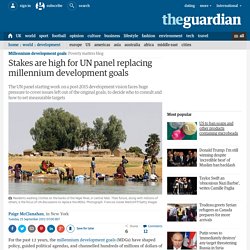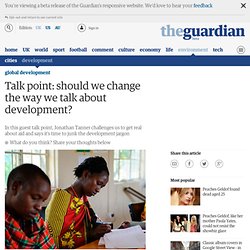

PBS commentator Mark Shields says more killed by guns since '68 than in all U.S. wars. Since the mass shooting at Sandy Hook Elementary School in Newtown, Conn., supporters and opponents of gun control have thrown out statistics to support their point of view.

Here’s one that caught our eye, offered by liberal commentator Mark Shields on the Dec. 21, 2012, edition of the PBS NewsHour. Shields told host Judy Woodruff, "You know, Judy, the reality is -- and it's a terrible reality -- since Robert Kennedy died in the Ambassador Hotel on June 4, 1968, more Americans have died from gunfire than died in … all the wars of this country's history, from the Revolutionary through the Civil War, World War I, World War II, in those 43 years. ...
I mean, guns are a problem. And I think they still have to be confronted. " Is the death toll that high? Deaths from warfare We found a comprehensive study of war-related deaths published by the Congressional Research Service on Feb. 26, 2010, and we supplemented that with data for deaths in Iraq and Afghanistan using the website icasualties.org. Stakes are high for UN panel replacing millennium development goals.
For the past 12 years, the millennium development goals (MDGs) have shaped policy, guided political agendas, and channelled hundreds of millions of dollars of aid money around the globe.

But with the MDGs due to expire at the end of 2015, the international community is starting to tackle the huge, inevitable follow-up question: what comes next? The post-MDG process will officially begin on Tuesday, when a UN-appointed committee of international political big-shots will meet for the first time in New York. Led by the UK prime minister David Cameron, Liberia's President Ellen Johnson Sirleaf, and Indonesia's President Susilo Bambang Yudhoyono, the 26-member committee has been assigned the task of creating a "development vision" to replace the MDGs after they expire. "The stakes are very, very high," says Ben Leo, global policy director of the anti-poverty organisation, One Campaign. The activists lobbying the hardest are likely to be those whose issues were ignored completely by the MDGs. Old puzzles, new pieces: development cooperation in tomorrow’s world. Talk point: should we change the way we talk about development?
How can we change public perceptions about development and talk about the work we do in a way that sustains support for a collective effort to alleviate poverty?

I'm not claiming to have the perfect solution, but having digested some of the recent research on this subject, I suggest five ways we could make a start. 1) Get real about the future of aid Remind people that aid and development do not mean the same thing. I'm not suggesting that many (if any) of you who read this talk point don't know the difference, but we're an informed bunch – that's why it is our challenge to inform others.
A recent study of public attitudes to aid reveals a desire for greater understanding about how countries can leave aid behind. 2) Be more precise about the work we do If you work to support African governments plan their electricity distribution, then say so. 3) Use the word 'development' less It is too easy to hide behind the word 'development'. 4) Keep complexity where it belongs. Cardiff University - Academia.edu. Type to search for People, Research Interests and Universities Searching... Change Photo About. Rio + 20: Anchor sustainable development in human rights. Ignore the heart-wrenching pictures and focus on the benefits of aid. Despite tough recession budgets, the UK has decided to let development spending increase.
The international development secretary Andrew Mitchell described spending on aid as "not only from the British people but for the British people", contributing to "a strong, more prosperous and safer world". USAid is reducing or cutting programmes because of budget shortfalls. Australia's Labour government is delaying its promise to double foreign aid. Unesdoc.unesco.org/images/0021/002144/214454E. A different take on politics, aid and development in Africa.
Fashioning Change ® - Do Good Fashion.